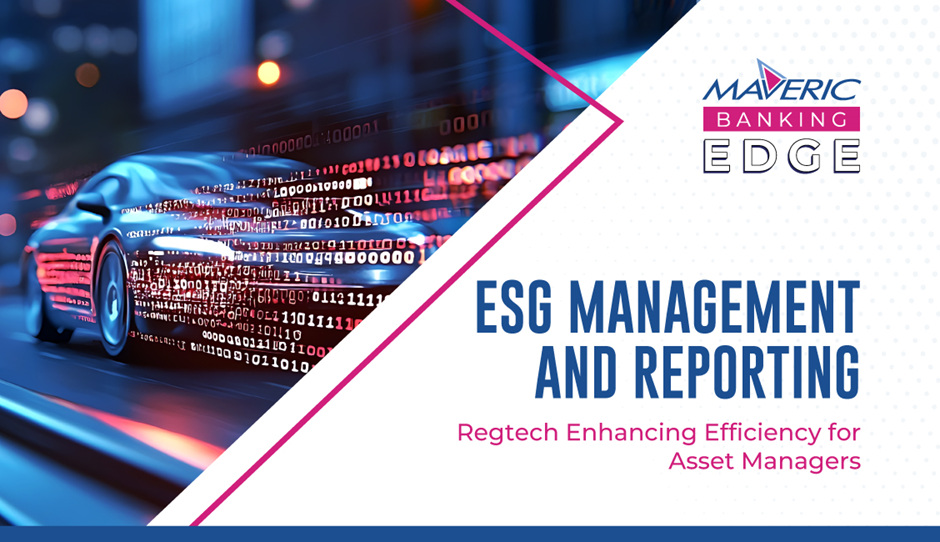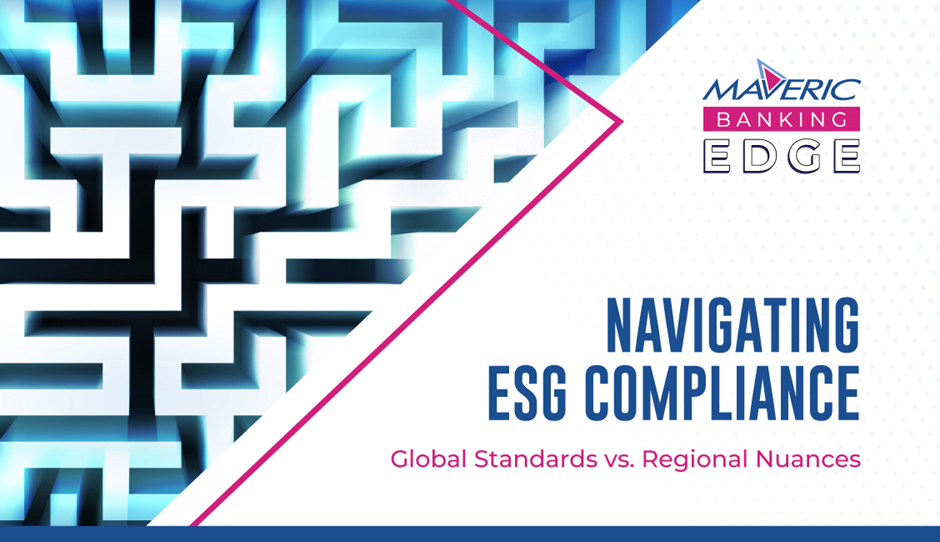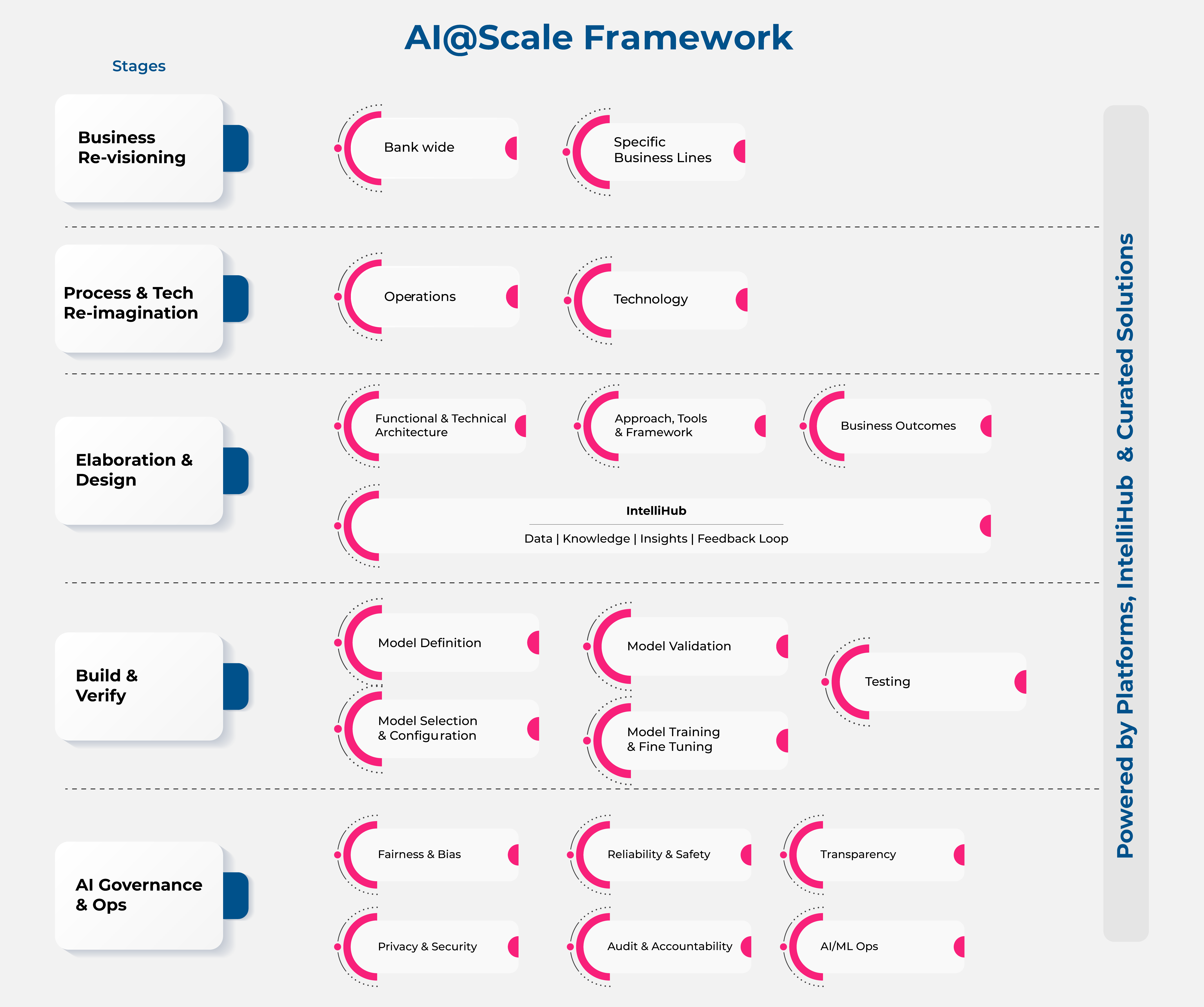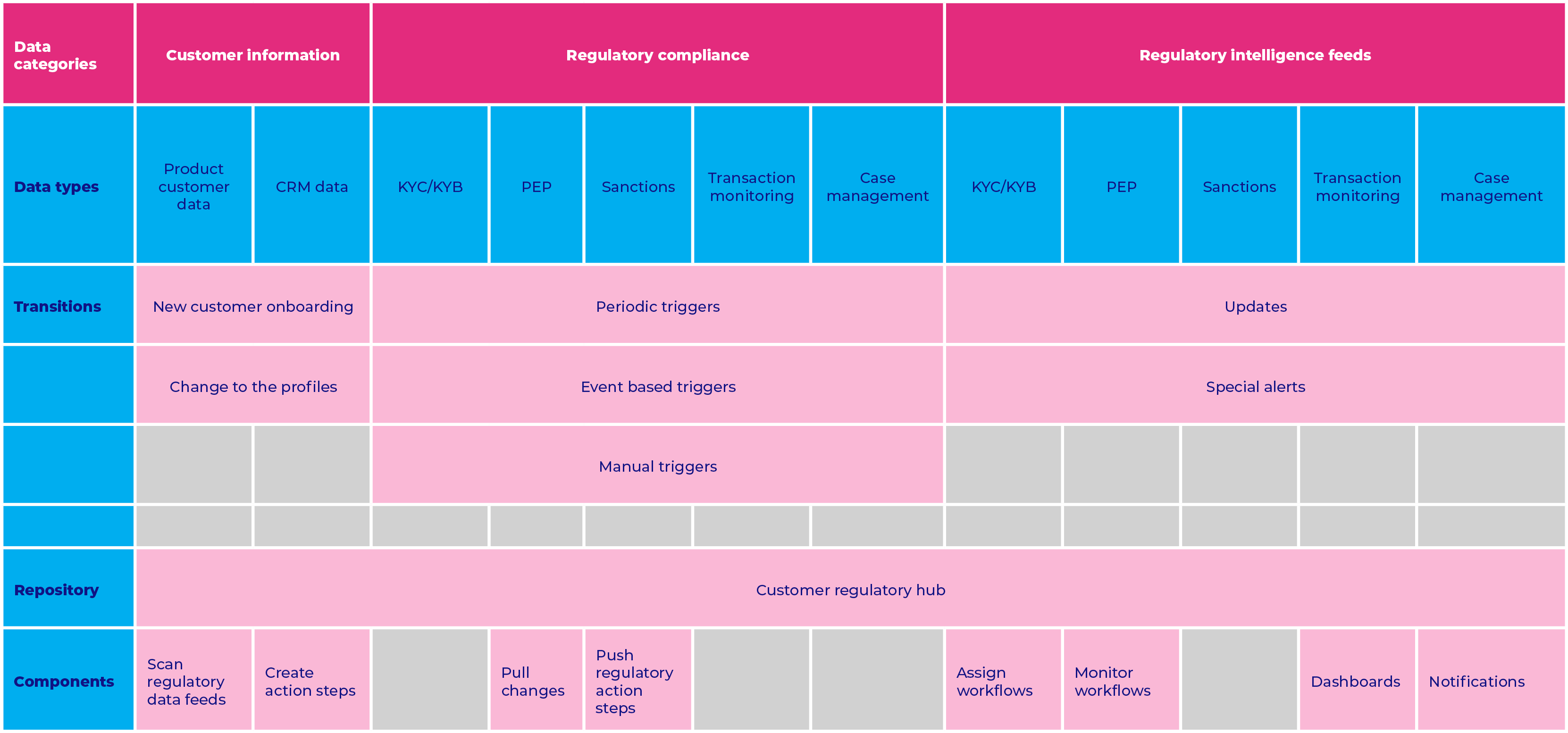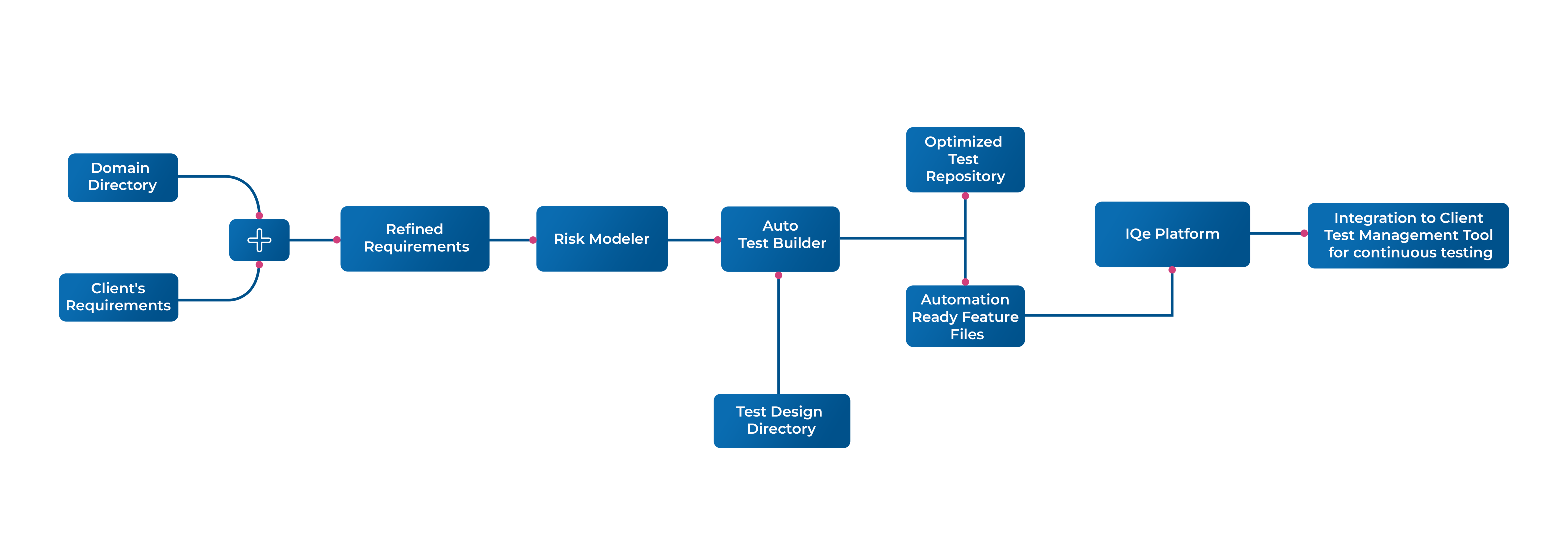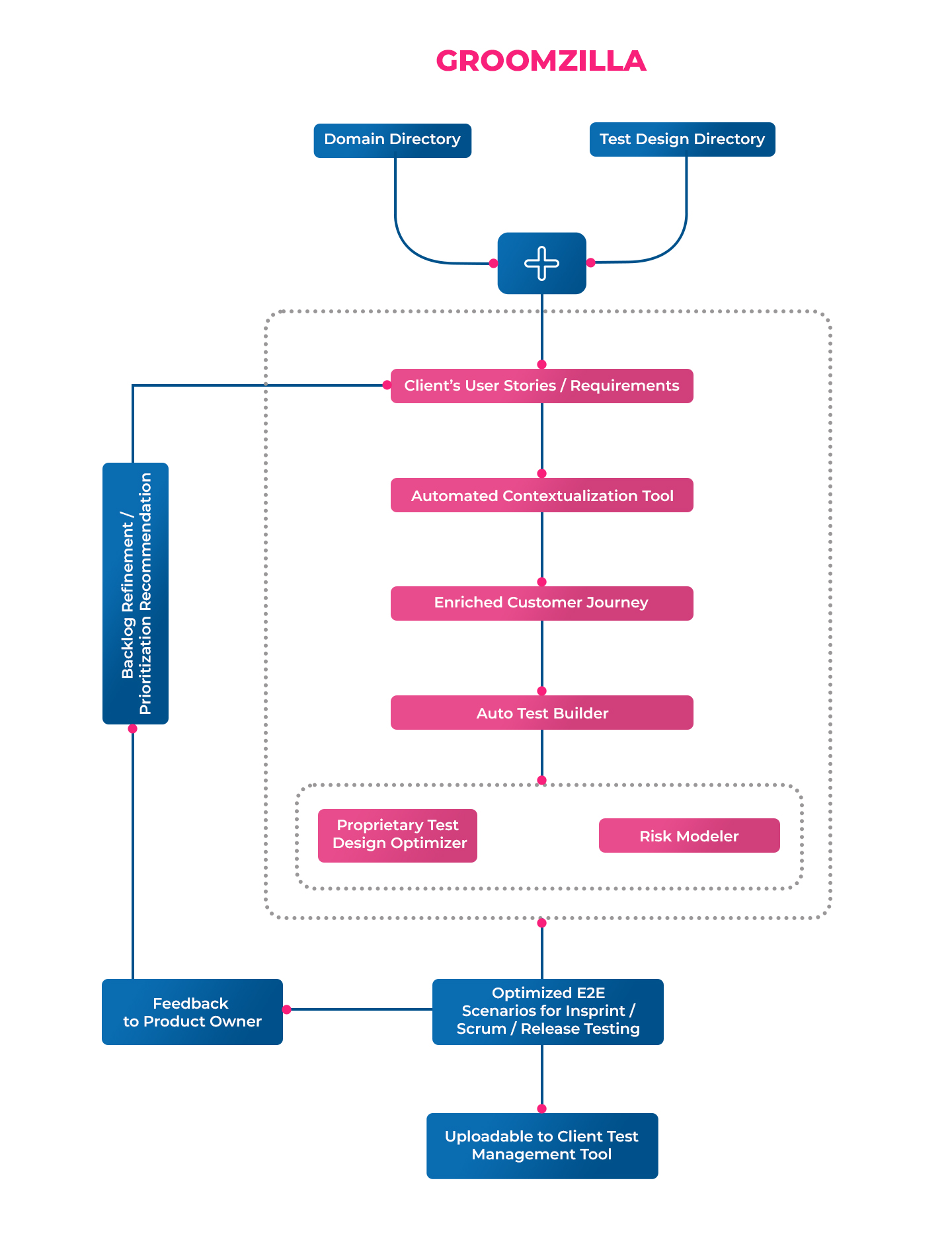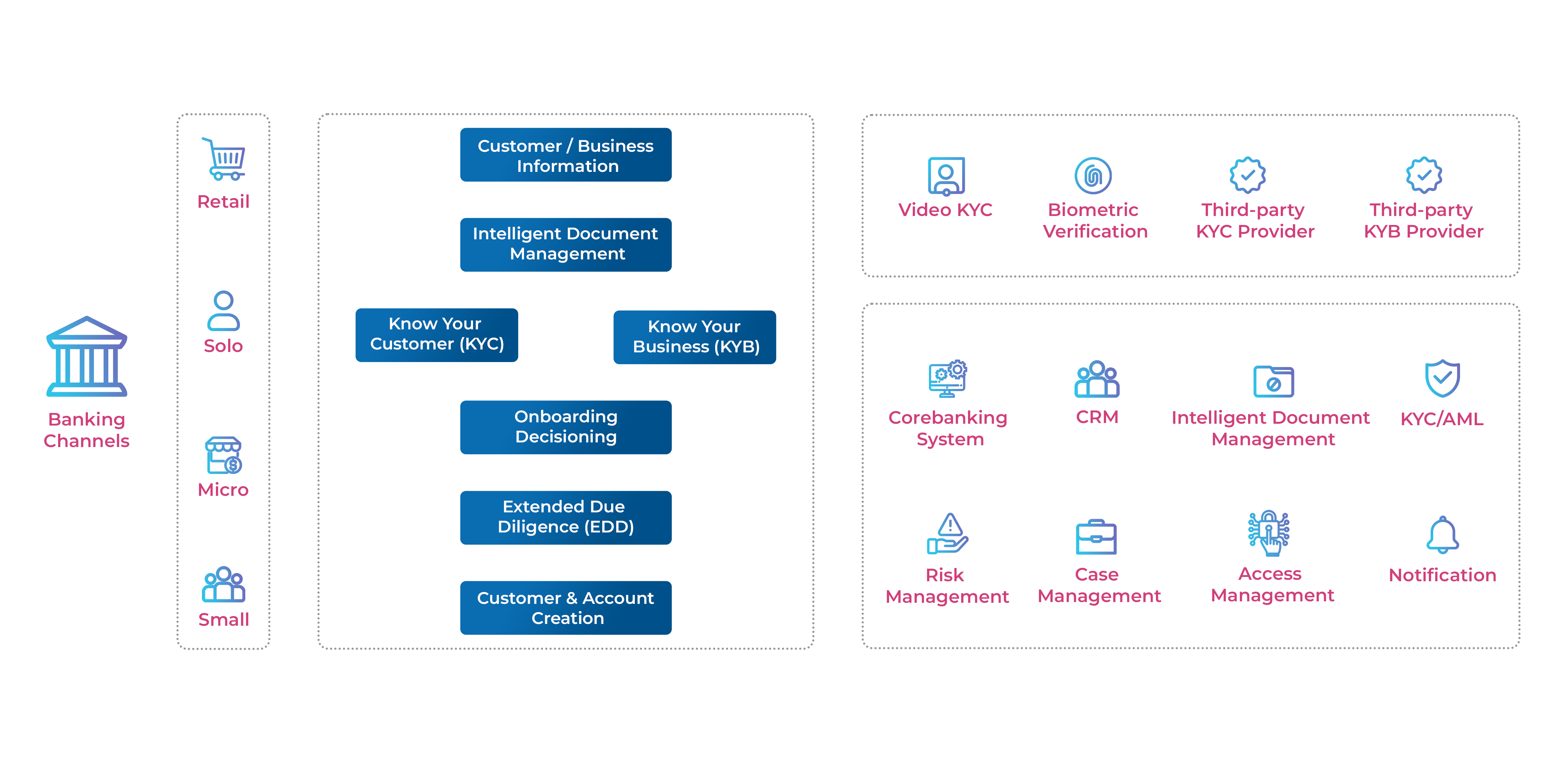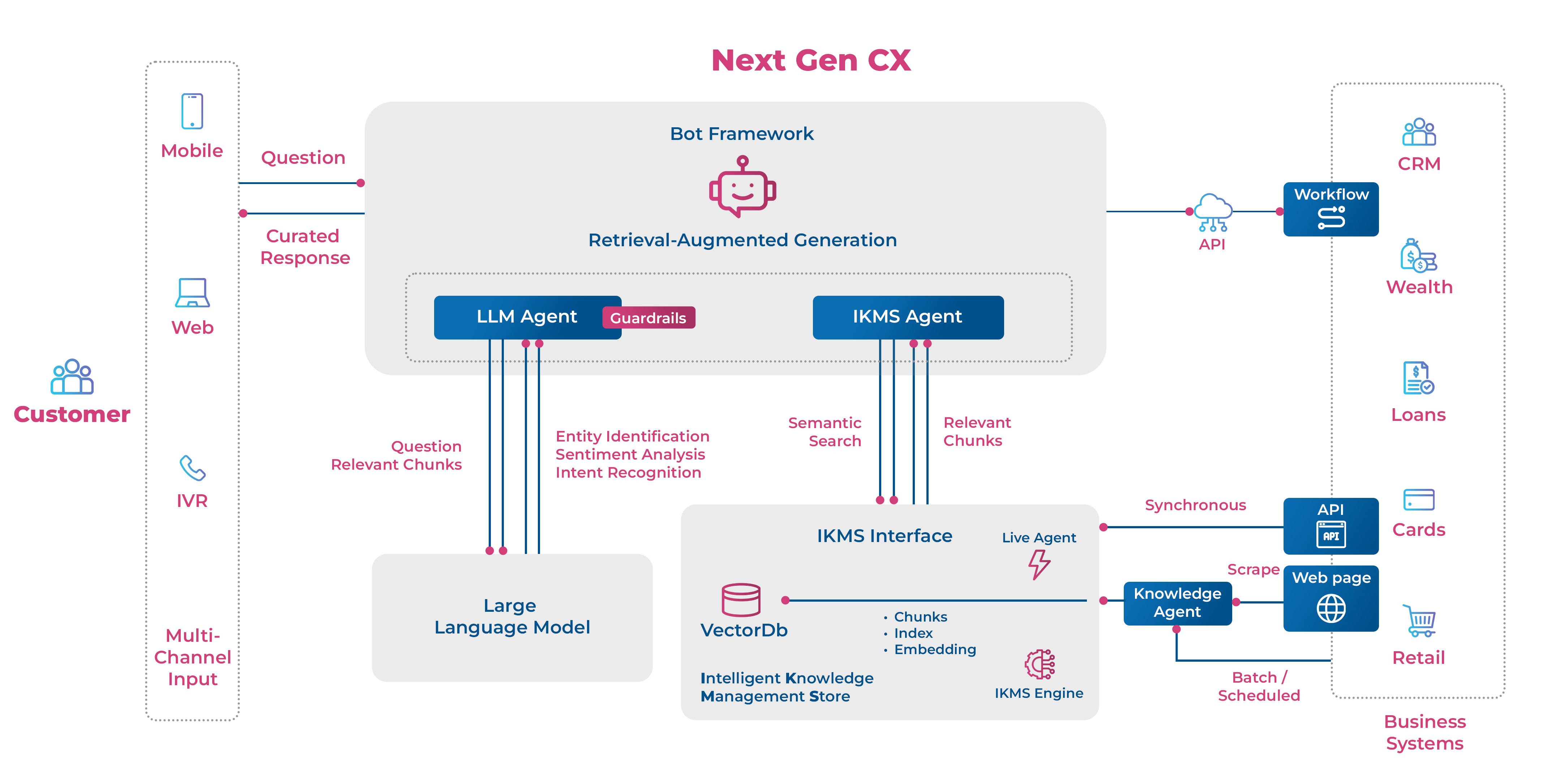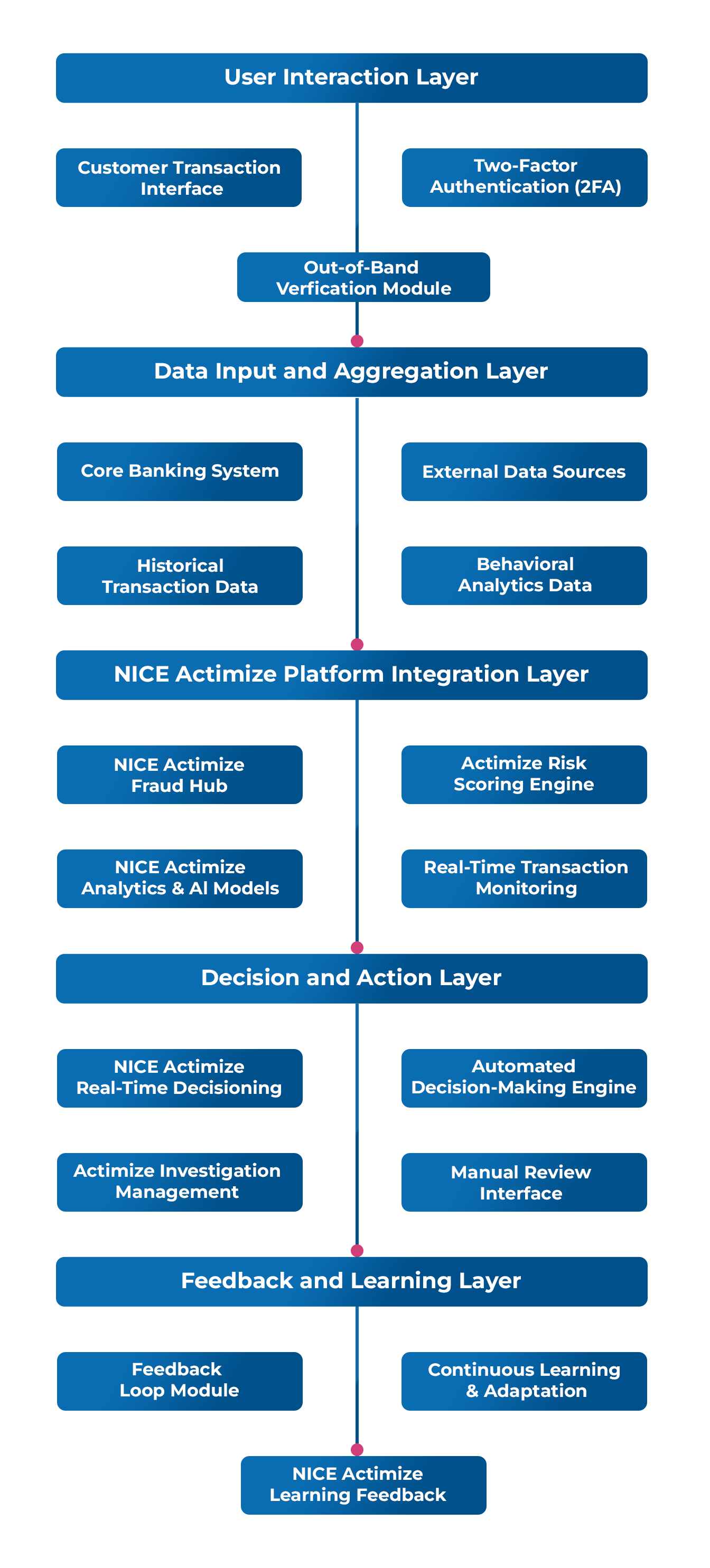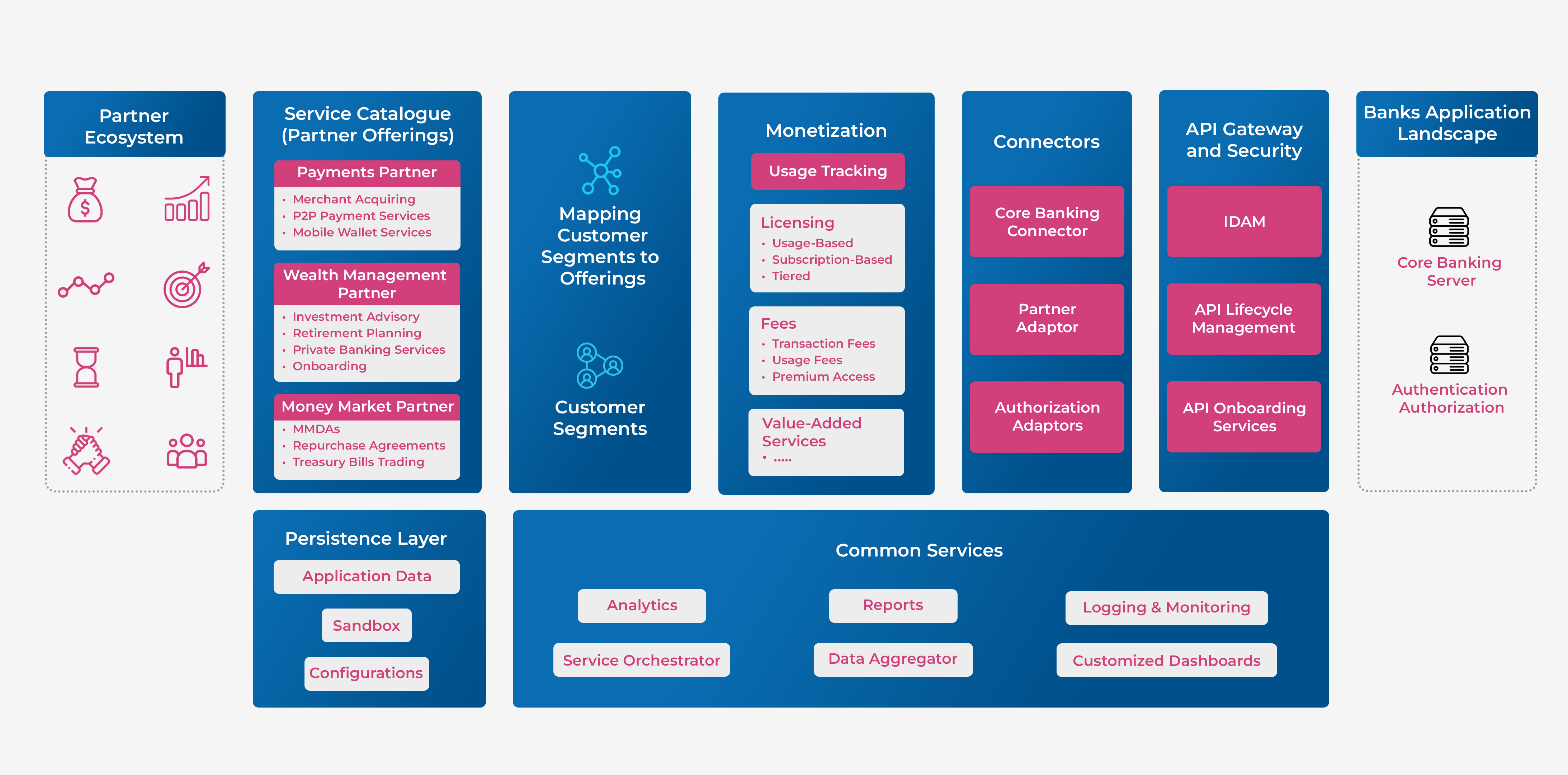Ensuring Regulatory Reporting Through Superior Data Quality: The Maveric Way
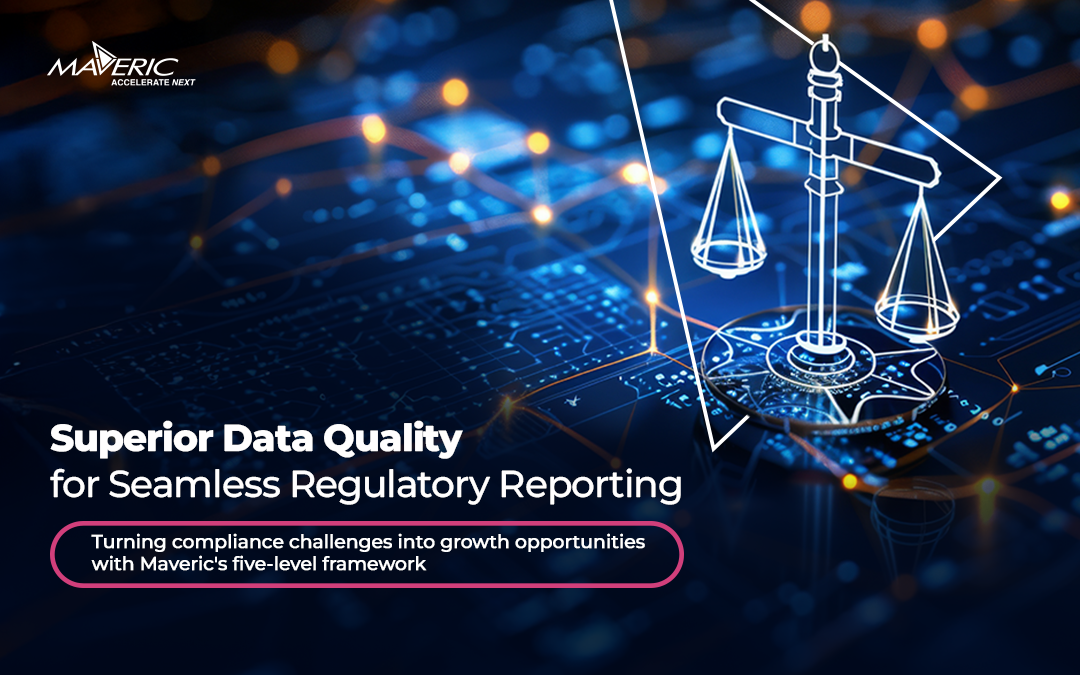
Regulatory reporting today is no longer a mere compliance exercise but a litmus test of an organisation’s data integrity and operational excellence. In recent years, financial institutions have faced significant fines for compliance failures, highlighting the urgent need for data quality. For instance, JPMorgan Chase incurred $39.34 billion in penalties over two decades, Citigroup was fined £62 million for a trading error, and Metro Bank paid £16.7 million for financial crime monitoring failures. These cases underscore a universal truth: in a world driven by data, even minor discrepancies can lead to multi-million-dollar penalties, reputational damage, and regulatory scrutiny.
Why Data Quality Is the Unseen Hero
The implications of poor data quality extend far beyond regulatory fines. Research from Gartner estimates that bad data costs enterprises an average of $12.9 million annually, impacting decision-making, operational efficiency, and stakeholder trust. For financial institutions, the stakes are even higher. Regulations such as MiFID II and Dodd-Frank demand unprecedented detail and accuracy. A single error in transaction reporting could lead to audits, delays, or worse, a —loss of investor confidence.
However, the challenge is not just about meeting these expectations. It’s about building a resilient data quality framework that aligns with business goals while keeping pace with regulatory changes. With the right strategies, organisations can transform data quality from a compliance necessity into a driver of growth and trust.
Challenges in Regulatory Reporting: A Tightrope Walk
Regulatory reporting presents numerous challenges due to the regulatory environment’s complexity, the data’s scale, and the need for precision. While many factors are at play, here are the top five challenges FIs face:
1) Data Silos and Fragmentation:
Regulatory data often resides across multiple systems, departments, or jurisdictions, making integration and reconciliation difficult. This leads to inconsistencies and incomplete reports.
2) Dynamic Regulatory Requirements:
Regulations frequently evolve, often necessitating rapid adaptation of reporting processes. However, challenges such as inconsistent or incomplete data can hinder timely updates, leading to non-compliance or penalties.
3) High Data Volume and Complexity:
Large-scale operations generate vast amounts of transactional and granular data, leading to processing errors and reporting delays.
4) Data Accuracy and Completeness Issues:
Missing, inaccurate, or outdated data compromises the quality of regulatory submissions, leading to potential fines or remediation efforts.
5) Timeliness:
Regulatory reporting involves strict deadlines, but delays caused by data quality issues or inefficient data processing can lead to late submissions, resulting in penalties and harm to reputational credibility.
Addressing these challenges requires a strategic approach to data quality, governance, and technology. Overcoming these obstacles enables enterprises to enhance compliance while building operational resilience. But what makes an effective solution? Let’s explore the dimensions of data quality that underpin reliable reporting.
Data Quality Dimensions: The Pillars of Trust
High-quality data doesn’t happen by chance—it results from a deliberate focus on multiple critical attributes. While there are many factors at play, these five dimensions are pivotal for regulatory reporting:
1) Accuracy
Data must precisely reflect real-world transactions. Even minor inaccuracies can cascade into more significant reporting errors, undermining trust and compliance.
2) Completeness
Missing data, whether a transaction ID or a customer profile, can derail the reporting process. Ensuring every required data point is present eliminates gaps that lead to delays and fines.
3) Consistency
Uniformity across datasets ensures seamless integration and reconciliation. Discrepancies in critical data points, such as revenue figures, can confuse stakeholders and regulators.
4) Timeliness
Data must be up-to-date and accessible within strict reporting deadlines. Stale data can result in non-compliance and missed opportunities for real-time decision-making.
5) Validity
Adhering to prescribed formats and business rules ensures regulatory compatibility. This includes proper formatting for dates, numeric fields, and categorical data.
These dimensions form a cohesive framework for building trust in data systems. When organisations prioritise these attributes, they create a robust foundation for compliance. However, addressing these dimensions requires strategic approaches.
Enter Maveric’s five-level validation framework.
The Maveric Advantage: Five Steps to Data Perfection
Ensuring compliance and data integrity in regulatory reporting requires more than isolated checks; it demands a cohesive framework that addresses quality from the source to the final submission. Maveric’s five-level validation framework is a robust, interconnected solution that enables organisations to transform compliance challenges into operational strengths.
Level 1: Data Source-Level Quality Checks
Addressing data at its source directly ties back to overcoming the silos and fragmentation mentioned earlier. By implementing quality at this stage, institutions can prevent cascading issues that complicate reconciliation and reporting downstream. Every great process begins at the foundation, and for data quality, that means the source. Errors introduced at the ingestion stage ripple through the pipeline, compounding risks. Maveric’s framework addresses this by implementing rigorous checks right at the point of entry:
- AI-Driven Rule Generation: Automated tools dynamically adapt to schematic changes, ensuring ongoing alignment with business and regulatory needs.
- Pre-Built Ingestion Frameworks: Quality controls embedded in data ingestion pipelines catch inconsistencies before proliferating downstream.
- Domain-Specific Rules: Business-aligned quality metrics ensure the relevance and precision of data from the outset.
This foundational layer fortifies data integrity, reducing the need for corrective actions in subsequent stages.
Level 2: Multi-Level Integrated Reconciliation
Building on the foundational data quality, this stage addresses the challenges of fragmented systems and inconsistent master data, ensuring alignment across platforms and departments. Data flows across multiple systems, and without reconciliation, discrepancies are inevitable. Maveric’s multi-level approach ensures all systems are speaking the same language:
- Layered Reconciliation Checks: This stage guarantees holistic consistency from source-to-target alignment to inter-system balance validations.
- Reference Data Validation: Ensuring master datasets—like customer or account information—are uniform across platforms eliminates mismatches.
- Data Reconciliation: Reconciling journals and balances, aligning data between source systems, data warehouses, data lakes, and data marts, validating data across inter-systems, and ensuring aggregated data matches transactional data.
This level not only enhances accuracy but also accelerates reporting workflows.
Level 3: Variance Analysis and Threshold Frameworks
As organisations deal with high data volumes and evolving requirements, this level provides the tools to proactively monitor, flag, and address deviations, ensuring regulatory and operational accuracy. Mistakes in regulatory reporting often stem from deviations that go unnoticed until it’s too late. Maveric’s variance analysis framework bridges that gap:
- Dynamic Thresholds: These adaptable benchmarks, informed by historical data and trends, flag anomalies in real time.
- Actionable Insights: Dashboards and heatmaps visualise discrepancies, empowering teams to efficiently investigate and resolve root causes.
- Predictive Analytics: Institutions can pre-empt future deviations by identifying patterns, bolstering long-term resilience.
This layer provides clarity and foresight, making data quality a proactive pursuit.
Level 4: Pre-Report and Source Validations
This level ensures data readiness by addressing structural and logical errors, aligning with the best practices of fostering enriched and complete datasets before submission. Data must be rigorously validated before the final report takes shape to ensure readiness. Maveric excels in ensuring pre-report accuracy:
- Orphan Record Detection: Unlinked data entries are flagged and resolved to maintain dataset completeness.
- Enrichment Validation: Data transformations are checked against business logic to verify their validity.
- Data Validations: Conduct completeness and accuracy checks on data sources and the data itself before it is used in the report. Perform a pre-report generation process to validate the data and ensure it aligns with variance thresholds.
These measures eliminate last-minute surprises, ensuring that reports are accurate and complete.
Level 5: Report-Level Validations
Culminating the framework, this stage directly responds to the industry’s demand for precise, formatted, and regulator-ready reports, tying back to the strategic imperatives of accuracy and timeliness. At the final stage, compliance demands precision. Reports must align with both regulatory standards and internal benchmarks:
- Format-Specific Validations: Reports are cross-verified against requirements such as XML, XBRL, or jurisdiction-specific formats.
- Cross-Schedule Consistency: All report components must align seamlessly, ensuring end-to-end accuracy, consistency across reports, across schedules and uniformity in cell values.
- Tailored Compliance Rules: Reports must meet mandatory regulatory validation rules while integrating custom validations, including banks’ internal or additional control rules, to address unique business and regional requirements comprehensively.
Conclusion
As the regulatory landscape grows more complex, financial institutions increasingly turn to AI-driven solutions to stay ahead. According to The Wall Street Journal, AI is already automating compliance tasks, reducing manual effort and enhancing accuracy. At the same time, Reuters highlights its growing adoption among sustainability professionals to meet new regulatory requirements. This trend underscores the industry’s shift toward data-driven innovation and precision.
Maveric’s five-level framework perfectly aligns with this trajectory, ensuring resilience and adaptability in an ever-evolving landscape. For C-suite leaders, the message is clear: data quality isn’t just a compliance issue—it’s a strategic asset. Organisations that invest in robust validation frameworks mitigate risks and unlock new opportunities for efficiency and innovation.
Want to know how to harness the power of data quality for regulatory reporting?
Watch our exclusive webinar on Driving Data Quality for Superior Regulatory Reporting and get to watch experts from Maveric Systems and Wolters Kluwer explore how accurate and timely data delivery, powered by a robust data transformation program, can drive seamless integration and best practices for end-to-end automation of regulatory reporting functions.
About the Author
 Ramesh Reddy, Vice President at Maveric Systems, leads the Risk & Compliance service line, focusing on delivering effective financial and regulatory reporting solutions. With hands-on expertise in Mainframe, Oracle, and AxiomSL technologies, he has successfully managed key compliance initiatives, including Federal, SEC, COREP, and FINREP reporting. Ramesh’s practical approach combines technical depth with strategic problem-solving to address complex regulatory challenges.
Ramesh Reddy, Vice President at Maveric Systems, leads the Risk & Compliance service line, focusing on delivering effective financial and regulatory reporting solutions. With hands-on expertise in Mainframe, Oracle, and AxiomSL technologies, he has successfully managed key compliance initiatives, including Federal, SEC, COREP, and FINREP reporting. Ramesh’s practical approach combines technical depth with strategic problem-solving to address complex regulatory challenges.
With expertise built over 25 years, we help financial institutions navigate compliance complexities with tailored solutions that combine deep domain expertise and advanced technology. Under Ramesh’s leadership, Maveric’s Risk & Compliance offerings enable clients to modernize reporting frameworks, ensure seamless regulatory adherence, and stay resilient in a rapidly evolving financial landscape.
